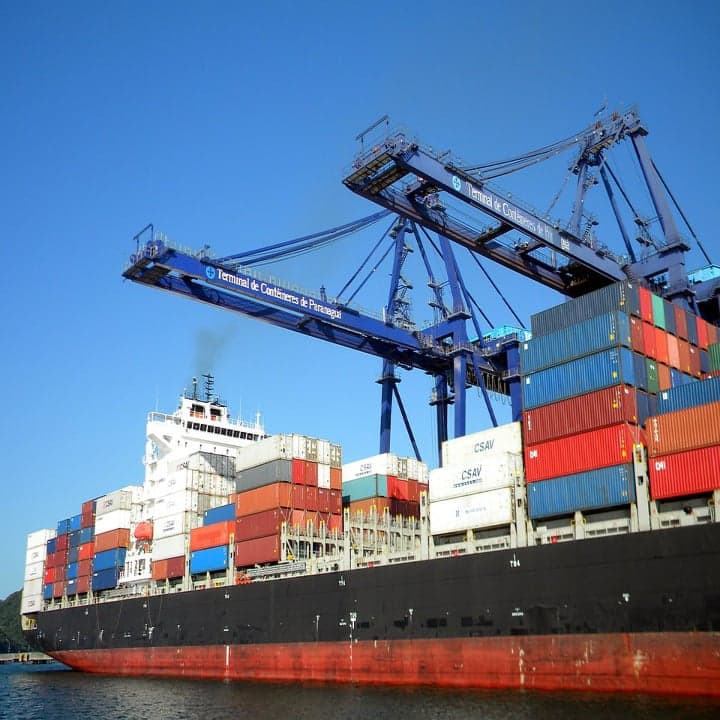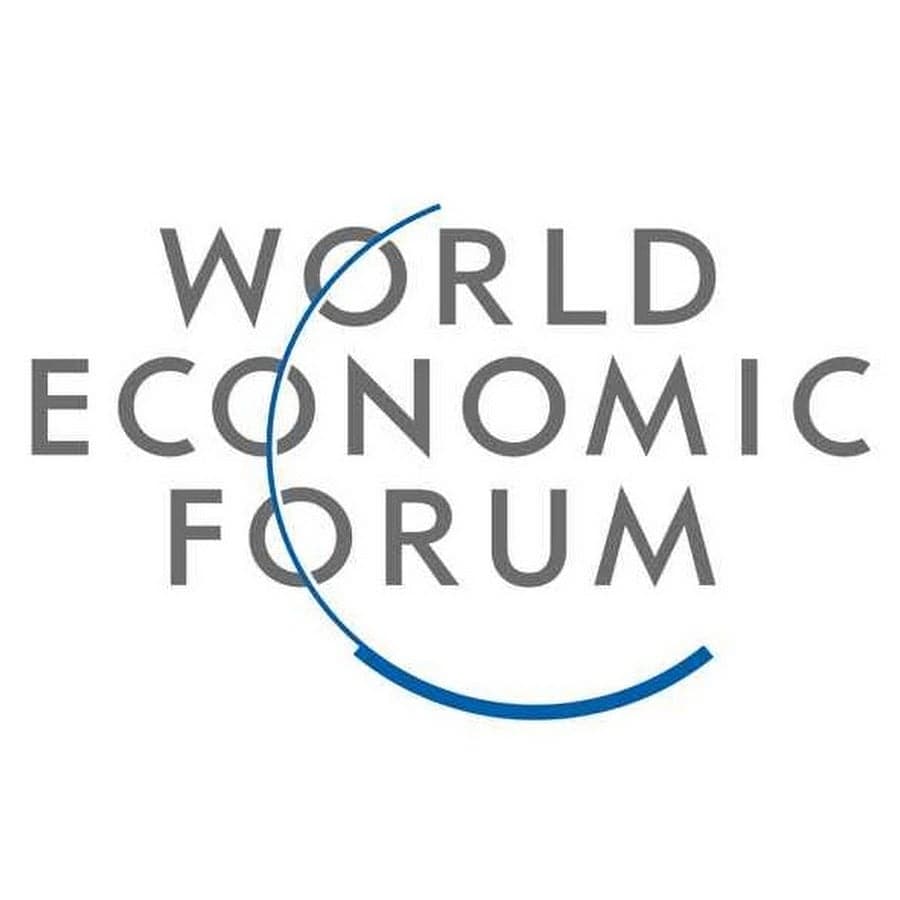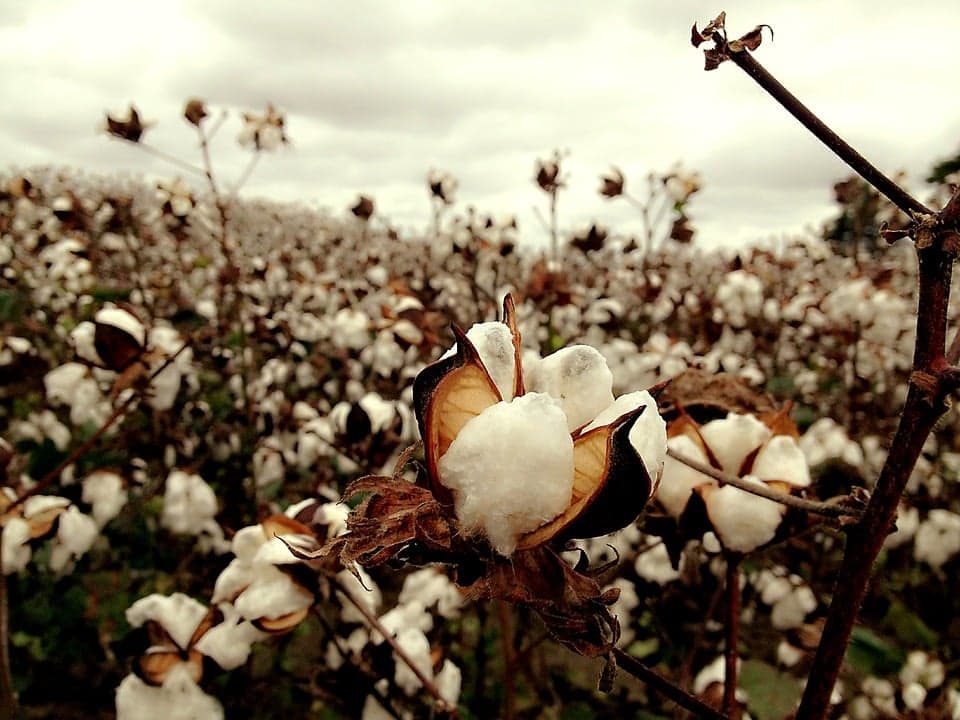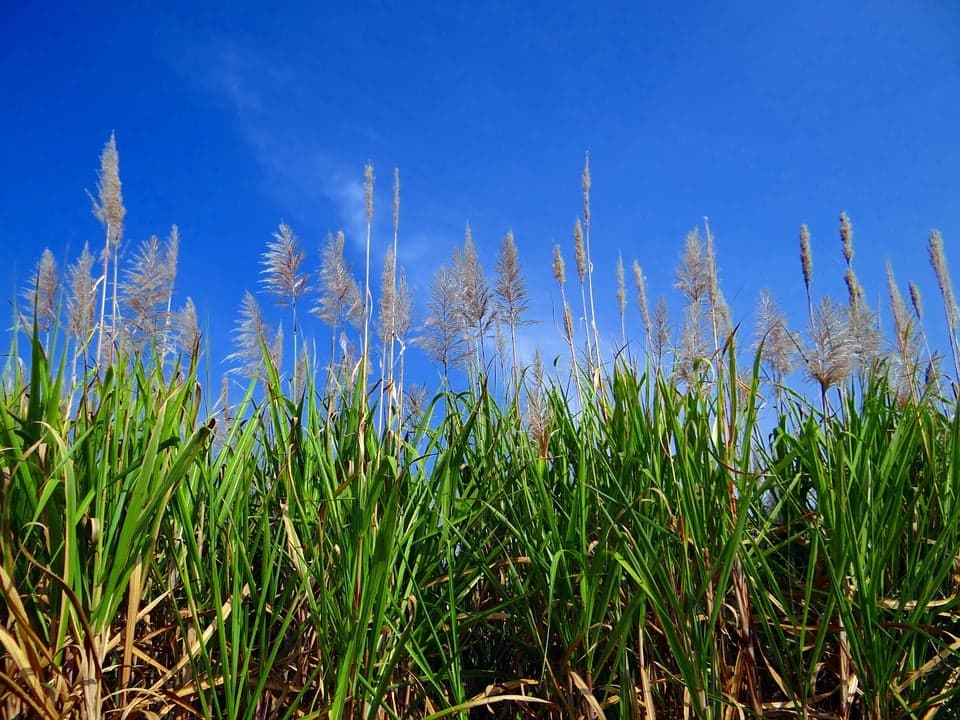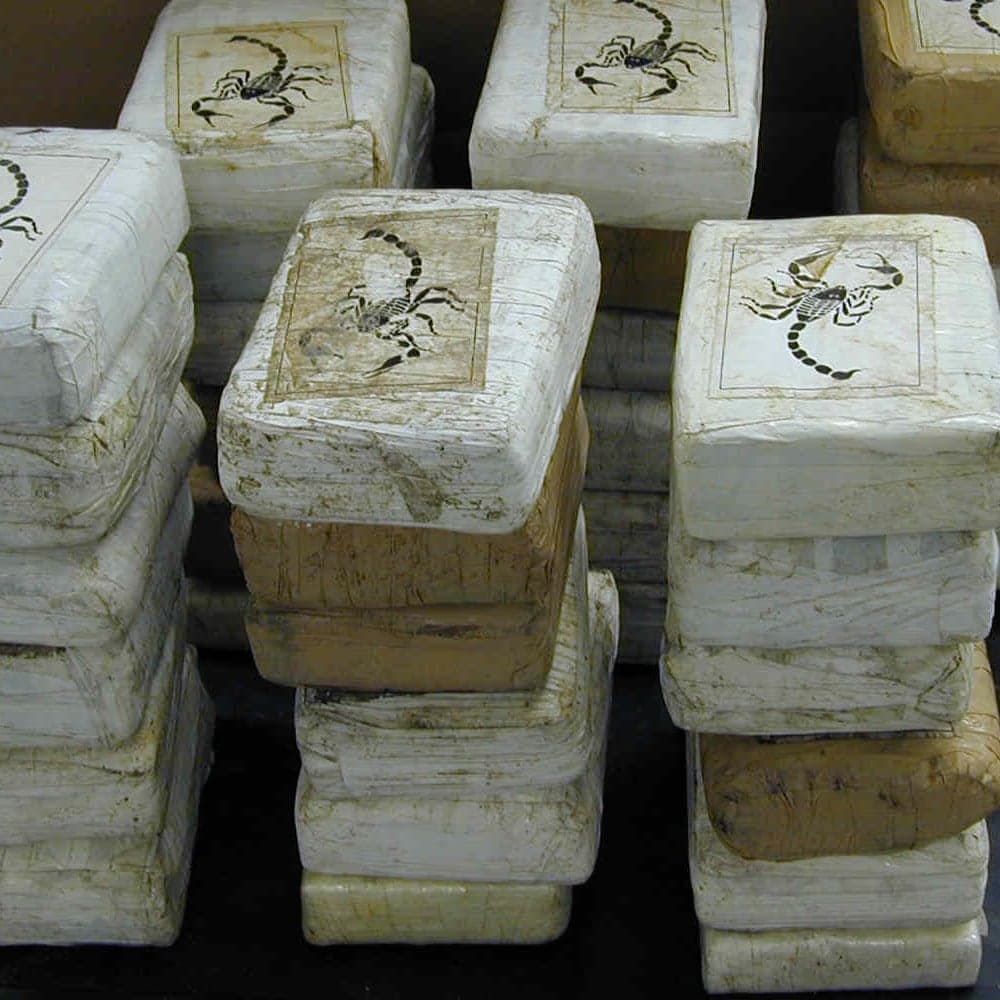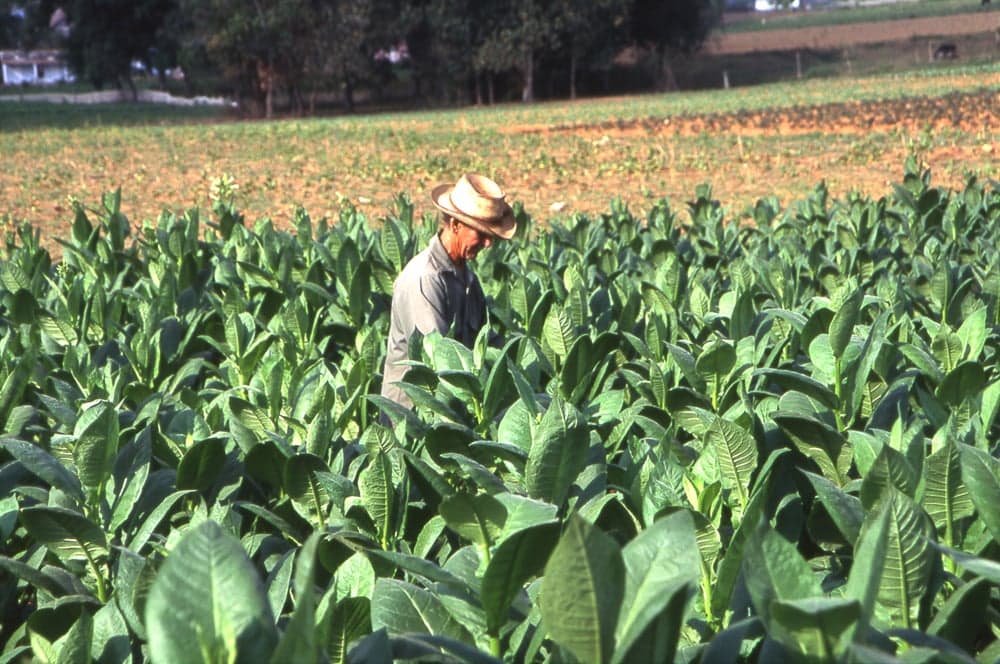Catalonia, the northeastern region of Spain, held a referendum for their independence on Sunday, October 1st. Unofficially recorded by the Catalonian government, 90 percent of the 2.3 million citizens who attended the polls voted for the region’s autonomy from Spain. While this result is not an official decision and will take extensive deliberation between the Catalan and Spanish governments for it to be formally enacted, there are many ramifications of how Catalonia’s independence would not only affect Catalonia and Spain’s economies but the entire economy of the European Union as well.
globalEDGE Blog - Page 94
Publish Date:
The world’s biggest and smallest shipping companies have been experiencing some hardship since the financial crisis occurred. For the past two years, shipping operators have been going through major losses with freight rates being below the breakeven point. However, it seems like a plot twist is being encountered by the shipping brokers this year due to rising demand for commodities.
Publish Date:
The World Economic Forum (WEF) recently published their Global Competitiveness Report for 2017-2018. According to the WEF, the Global Competitiveness Index assesses the competitiveness of the landscape of 137 country’s economies and it provides unique insight into the drivers of their productivity and prosperity. There are twelve pillars of competitiveness used to sort and rank each country’s economy. The twelve pillars are as follows: institutions, infrastructure, macroeconomic environment, health and primary education, higher education and training, goods market efficiency, labor market efficiency, financial market development, technological readiness, market size, business sophistication, and innovation. Each of these pillars is used to measure a different part of a country’s economy’s competitiveness.
Publish Date:
Over the past decade, private equity firms have surged in popularity across the globe and have presented financiers with less regulated opportunities across international industries. Investment opportunities are typically less regulated because private firms aren’t required to register with governmental organizations who regulate the trading of shares.
Publish Date:
A business reaching international audiences depends on idea sharing and connectivity for its continued success. Today, social media is increasing audience engagement even further. In fact, the key to a successful social media strategy is effective engagement. With social media's importance continuing to rise, understanding the key concepts will help give your business an edge in this increasingly connected climate. Following is a complete and global guide to navigating social media strategy.
Publish Date:
Nowadays, most people use their mobile devices to check on their bank accounts and pay for bills, parking, and cabs. People are also now even shifting towards making payments using their mobile devices, using apps such as Apple Pay, Android Pay, the Starbucks app, or the PayPal app.
Publish Date:
In the last part of this week's series on cash crops, we explore the top two African cash crops.
Africa has long been rich in natural resources, consistently providing other nations with opportunities to obtain its plentiful supply of cotton and cocoa—two of the world’s most important cash crops. According to Merriam-Webster, a cash crop is “a readily salable crop (such as cotton or tobacco) produced or gathered primarily for market.” These crops aim to provide a sustainable way of life for farmers across the continent and are a major reason much of the world’s nations were and still are interested in exploring and investing in Africa.
Publish Date:
This is part four of this week's five-part blog series on cash crops.
South America was colonized by the Spanish and the Portuguese. These colonies were extremely profitable for Spain and Portugal because they could plant crops there that they could not plant in Europe. This lead to the production of cash crops in South America, such as coffee and sugarcane, to be traded and sold in Europe. These cash crops played a large role in establishing the colonies in South America, and still play an important role in their economy today.
Publish Date:
In part three of this week's five-part blog series on cash crops blog, we look at the economic effects of illicit cash crops.
With this month’s blog series focusing on cash crops, globalEDGE has decided to look at the role illicit cash crops play in the global economy. Illicit cash crops are plants that are used in the production of illegal narcotics. With a multibillion-dollar global market, it is unquestionable that illicit cash crops play a significant role in economies across the globe.
Publish Date:
Part two of this week's five-part series on cash crops and the impact they have around the world.
Cash crops are a major economic factor in almost every region of the world. In North America, there is a wide variety of cash crops that are grown and sold. The biggest cash crops in modern day America currently are corn and soybeans; which bring in about 50 billion dollars each. However, these fields have been ever-changing for the last two centuries. The first cash crop which helped America’s economy grow is tobacco. Tobacco grew very well in the early Thirteen British-American Colonies, this crop was especially prevalent in Virginia, people would immigrate to come work in the tobacco fields. With the population growing and money coming back into the economy, the colonies began to grow rapidly. Cash crops were one of the main reasons the United States is where it is today. Production of tobacco was one of the major reasons the early British-American Colonies grew as large as they did due to the influx of money into their economy. By the year 1630, the amount of tobacco sent from the Colonies to Great Britain totaled about 1.5 million pounds a year.




